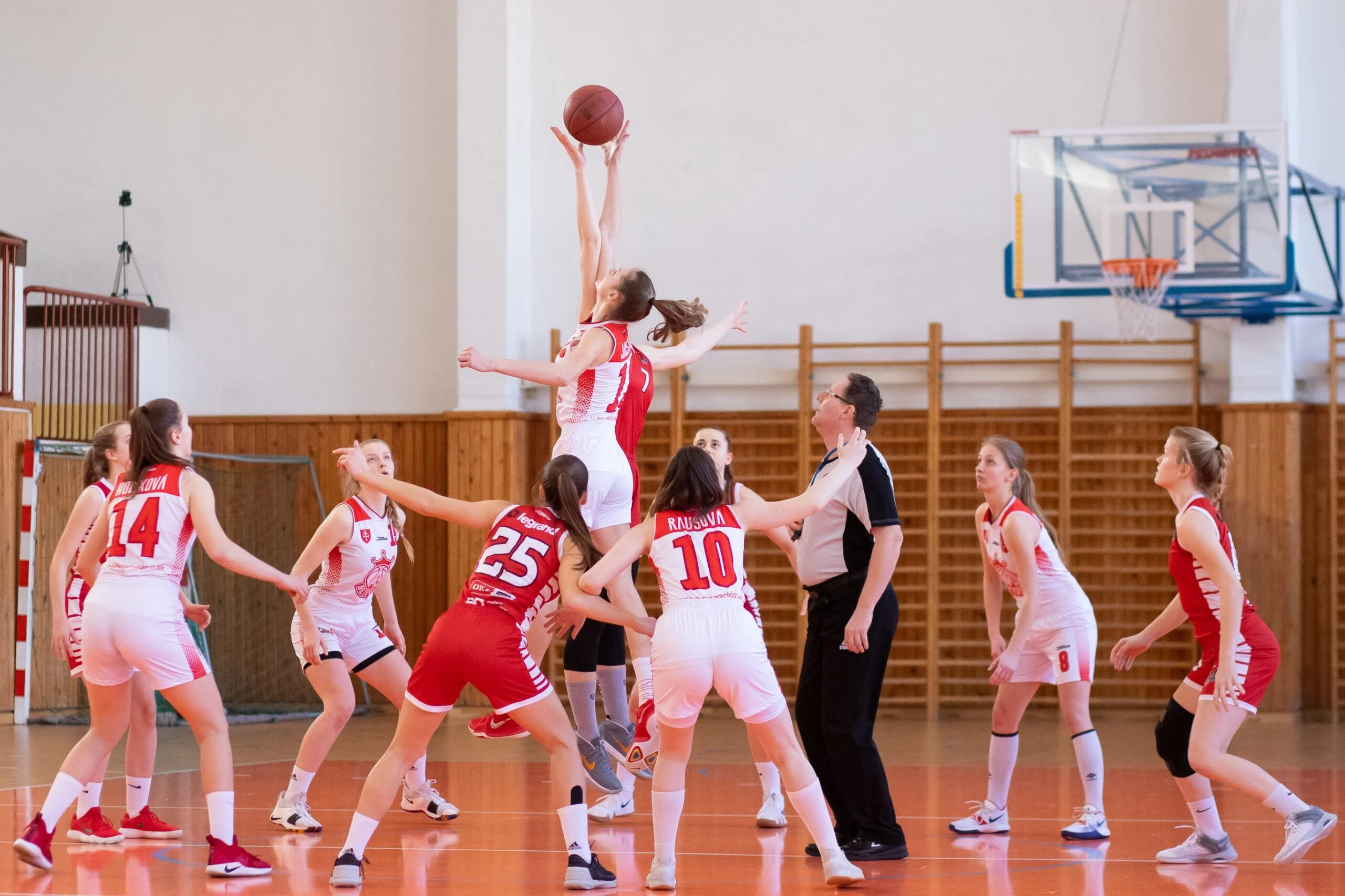
Liability of Sport Clubs and Associations in claims of Harassment, Sexual abuse, Hazing and Bullying
Published on December 19, 2022 by Zoe Brindle and Martin Slattery
This article was written by Zoe Brindle.
While there has been much focus in the media on the occurrence of abusive behaviour in institutions like religious bodies and schools, sporting bodies are no less immune from the possibility of this type of behaviour occurring within their institutions and need to be mindful of ensuring there are adequate structures in place to detect and respond to this behaviour.
Harassment, sexual abuse, hazing and bullying unfortunately can occur within the confines of any sports club, both within and outside of the game. This conduct can be perpetrated and suffered by athletes, coaches, cheerleaders and spectators.
It is the responsibility of the club and / or association to have the systems in place to handle complaints from their members and then take action to resolve the complaint. A sports club has a duty of care to individuals who are a registered member of the club / association which requires them to take reasonable steps to prevent risks materialising. Given many sporting organisations have a great number of children participating and may involve contact during the game between players, there is a particular risk which sporting institutions face.
Under the Civil Liability Act NSW (2002) and its intra-state equivalents, a sporting organisation can be found legally liable for harm caused to their members. Unfortunately, incidents of harassment, sexual abuse, and bullying have the capacity to develop into a psychological injury of the person harmed. Where this occurs, depending on the circumstances, a club or association may be found liable for that injury.
This means that where this conduct has occurred, and an individual suffers an injury (whether physical or psychiatric), a club and /or association may become a defendant in civil suits for failing to prevent the tort.
Where individuals under 18 are concerned, the duty of care owed by the club is higher still and ought not be treated lightly.
Clubs or associations are able to mitigate this risk profile through prevention. This can be done through establishing and adhering to:
- a complaints system that is easily accessible, and advertised, by the club or association;
- an accepted disciplinary by-law that is actively applied by the club / association;
- an accepted member protection policy;
- annual review of internal policies to ensure member needs are being met by the club / association;
- a living constitution that is up to date with the current values and ethos of the club / association.
Carroll & O’Dea are able to assist sports clubs and associations with legal advice on their internal by-laws and policies. Similarly, Carroll & O’Dea are experts when it comes to acting for these entities in civil suits.
If you are in need of an experienced lawyer in this area please call 02 9291 7100 or alternatively, contact Zoe Brindle on 02 8226 7399 for your enquiries.

